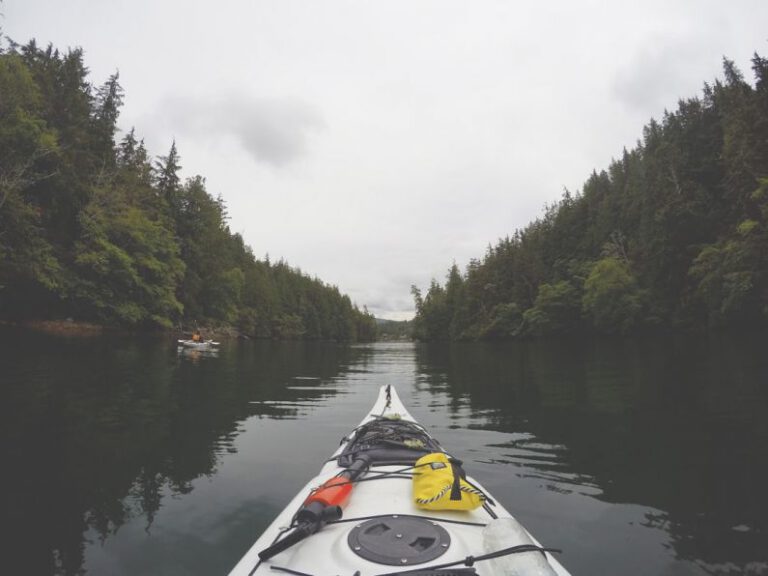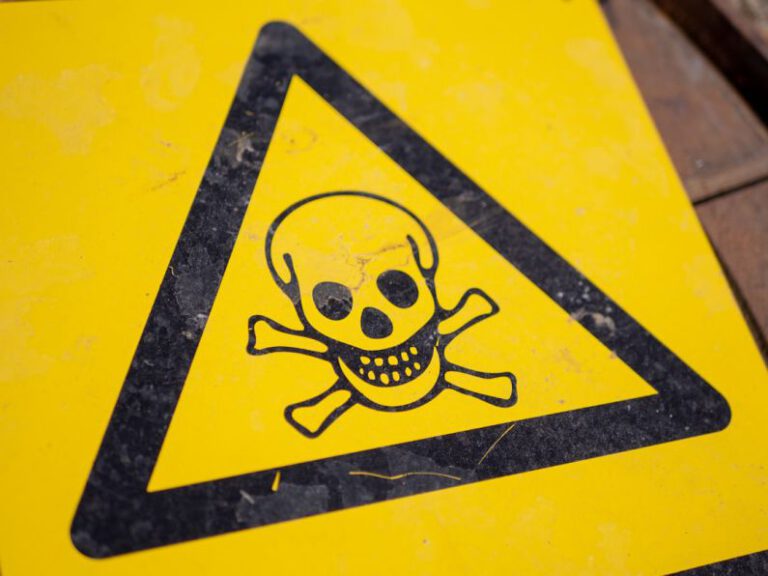What Are the Dangers of Colonizing Uncharted Islands?
The allure of uncharted islands has captivated explorers, scientists, and adventurers for centuries. These remote, untouched lands evoke a sense of mystery and opportunity, tempting the human spirit to venture into the unknown. However, beneath this romanticized image lies a harsh reality – the dangers of colonizing uncharted islands. As we delve into the complexities and risks associated with such ventures, it becomes evident that the pursuit of colonization in these isolated territories is fraught with peril.
**Unpredictable Terrain and Harsh Environments**
One of the primary dangers of colonizing uncharted islands lies in the unpredictable terrain and harsh environments that characterize these remote lands. Unlike well-explored and inhabited regions, uncharted islands often lack essential resources and infrastructure necessary for sustaining human life. The rugged landscapes, volatile weather patterns, and limited access to freshwater pose significant challenges to colonization efforts, making survival a daily struggle for inhabitants.
**Ecological Impact and Biodiversity Threats**
The colonization of uncharted islands can have detrimental effects on the delicate ecological balance of these pristine environments. Human activities such as deforestation, pollution, and introduction of invasive species can lead to irreversible damage to the unique flora and fauna that inhabit these islands. The fragile biodiversity of uncharted islands is particularly vulnerable to human interference, putting endemic species at risk of extinction and disrupting the delicate ecosystems that have evolved over millennia.
**Isolation and Limited Access to Resources**
Isolation is a double-edged sword when it comes to colonizing uncharted islands. While the remoteness of these lands offers a sense of seclusion and autonomy, it also presents significant challenges in terms of access to essential resources and support systems. In the event of emergencies or crises, the lack of infrastructure and communication networks on uncharted islands can hinder rescue and relief efforts, leaving inhabitants vulnerable and isolated.
**Cultural Clash and Indigenous Rights**
The colonization of uncharted islands often brings with it the risk of cultural clash and infringement upon the rights of indigenous populations. Many uncharted islands are home to indigenous communities with deep-rooted traditions and connections to the land. The arrival of colonizers can disrupt these communities, erode their cultural heritage, and marginalize their rights to self-determination and land ownership. The exploitation of indigenous resources and the imposition of foreign customs can lead to social unrest and conflict, further complicating the process of colonization.
**Health Risks and Lack of Medical Facilities**
Health risks loom large in the context of colonizing uncharted islands, where limited access to medical facilities and healthcare services can exacerbate existing health challenges. Infectious diseases, inadequate sanitation, and lack of medical supplies pose a significant threat to the well-being of colonizers and indigenous populations alike. The absence of trained healthcare professionals and emergency response systems on uncharted islands further complicates the management of health emergencies, increasing the vulnerability of inhabitants to epidemics and pandemics.
**Conclusion: Balancing Exploration and Preservation**
In conclusion, the dangers of colonizing uncharted islands are manifold, encompassing environmental, social, cultural, and health-related risks that underscore the complexity of such endeavors. While the allure of these remote lands may continue to beckon explorers and settlers, it is imperative to approach colonization with caution and respect for the intrinsic value of these untouched environments. Balancing the spirit of exploration with the principles of sustainability and preservation is essential in safeguarding the natural and cultural heritage of uncharted islands for future generations. Only through responsible stewardship and collaborative efforts can we navigate the dangers of colonization and forge a path towards coexistence with the untamed beauty of these isolated lands.





